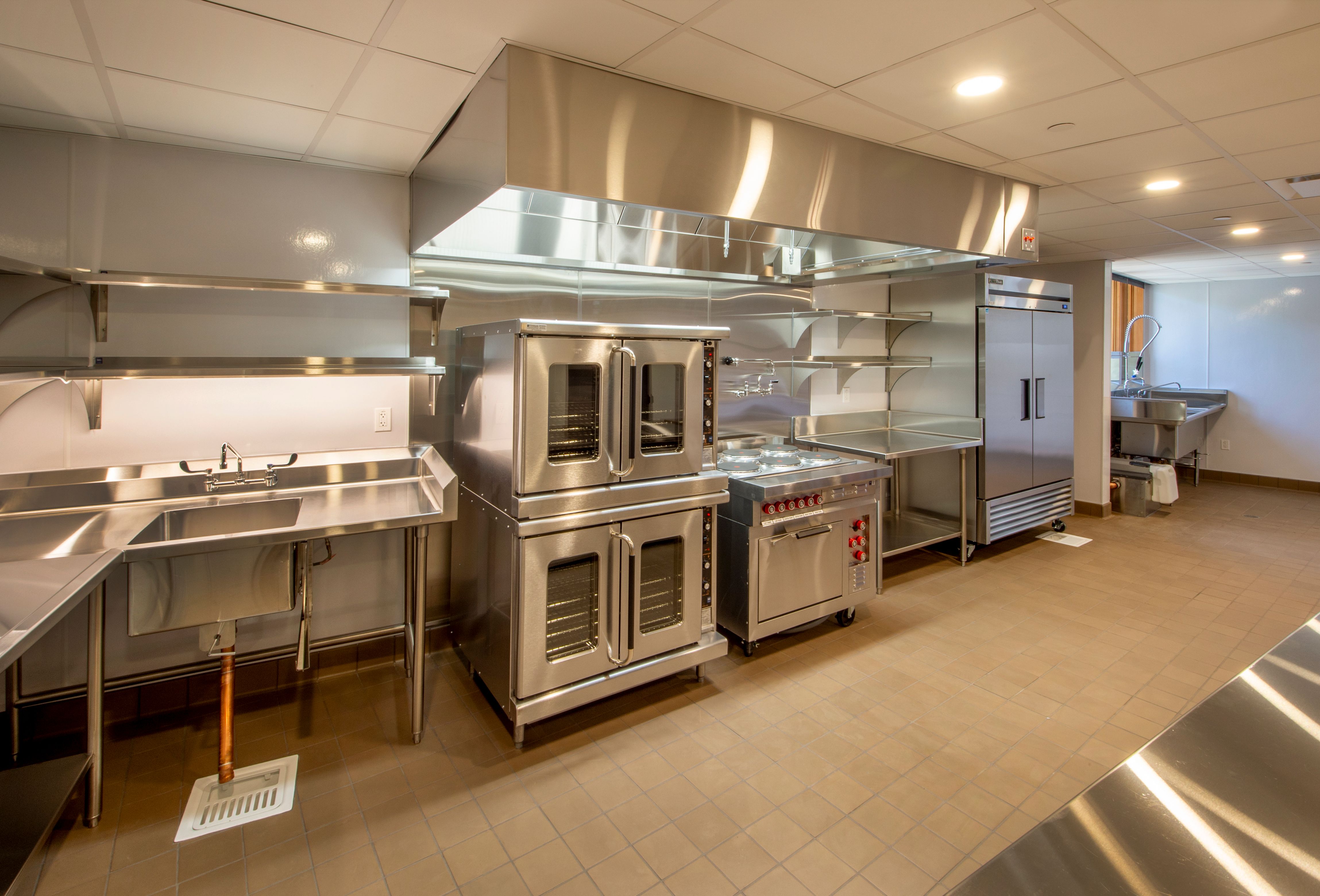Commercial Kitchen Marketplace
Understanding the Commercial Kitchen Marketplace
In the world of gastronomy, the commercial kitchen marketplace is a dynamic and competitive arena. Whether you're opening a new restaurant, upgrading your current kitchen, or stepping into the catering business, understanding the nuances of this marketplace is essential. From selecting the right equipment to optimizing your kitchen layout, making informed decisions can lead to enhanced efficiency and profitability.

Key Components of a Commercial Kitchen
A successful commercial kitchen is a harmonious blend of various components. At its core, it includes cooking equipment, refrigeration units, food prep areas, and storage solutions. Each of these elements plays a crucial role in ensuring smooth operations. Investing in high-quality equipment is vital as it can significantly influence the quality of food and service.
When selecting equipment, consider factors like energy efficiency, durability, and capacity. It's also important to choose appliances that comply with local health and safety regulations. This not only ensures safety but also helps maintain a good reputation among customers.
Trends in Commercial Kitchen Design
Recent trends in commercial kitchen design emphasize sustainability and efficiency. Many businesses are now opting for energy-efficient appliances to reduce their carbon footprint and operational costs. Additionally, open kitchen layouts are gaining popularity as they allow chefs to interact more with customers, creating a unique dining experience.

Another trend is the integration of smart technology. From automated cooking systems to inventory management software, technology is reshaping how commercial kitchens operate. These innovations help streamline processes, reduce waste, and improve overall productivity.
Choosing the Right Supplier
Selecting the right supplier is crucial when navigating the commercial kitchen marketplace. A reliable supplier will not only provide high-quality products but also offer valuable advice and after-sales support. It's worth researching and comparing different suppliers to find one that aligns with your business needs and budget.
- Check supplier reviews and testimonials.
- Ensure they offer warranties and maintenance services.
- Consider their delivery times and logistics capabilities.
Managing Costs Effectively
The cost of setting up or renovating a commercial kitchen can be significant. However, by strategically managing these expenses, businesses can achieve a good return on investment. One effective approach is to prioritize essential equipment purchases and gradually expand as the business grows.
Leasing equipment can also be a cost-effective option for new businesses. This allows for flexibility and reduces the initial capital outlay. Additionally, regularly maintaining equipment can extend its lifespan and prevent costly repairs.
The Future of Commercial Kitchens
The future of commercial kitchens looks promising with ongoing advancements in technology and design. As consumer preferences continue to evolve, businesses must adapt to remain competitive. Focusing on efficiency, sustainability, and customer experience will be key drivers of success in this ever-changing marketplace.
By staying informed about industry trends and innovations, businesses can make strategic decisions that enhance their operations and delight their customers. Navigating the commercial kitchen marketplace may be challenging, but with the right knowledge and resources, it can lead to rewarding opportunities.
Commercial Kitchen Marketplace
Your one-stop online destination for equipping professional kitchens. Discover a wide selection of durable, high-quality commercial-grade appliances, from heavy-duty ovens and refrigeration units to efficient food preparation tools and essential kitchenware. Visit our store: http://avice.org
